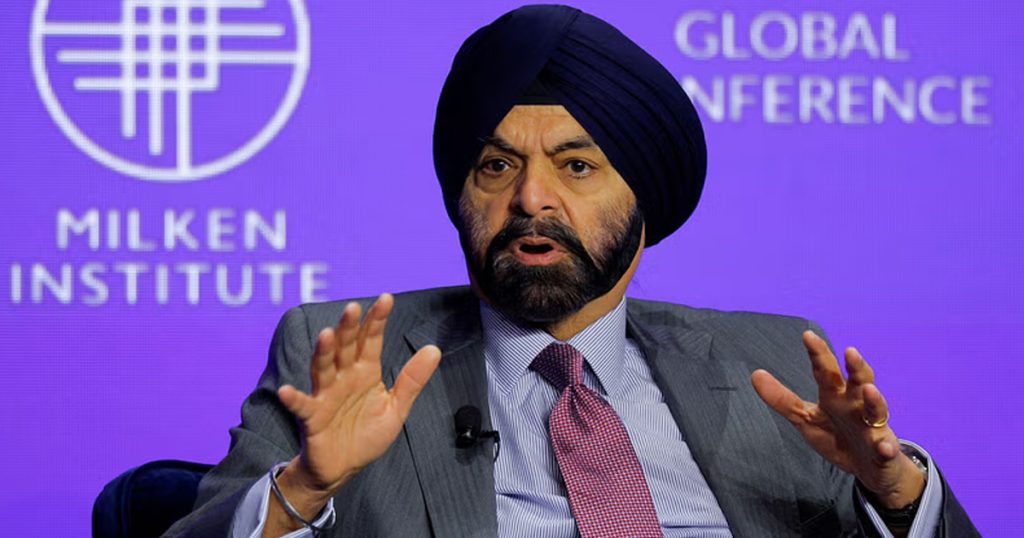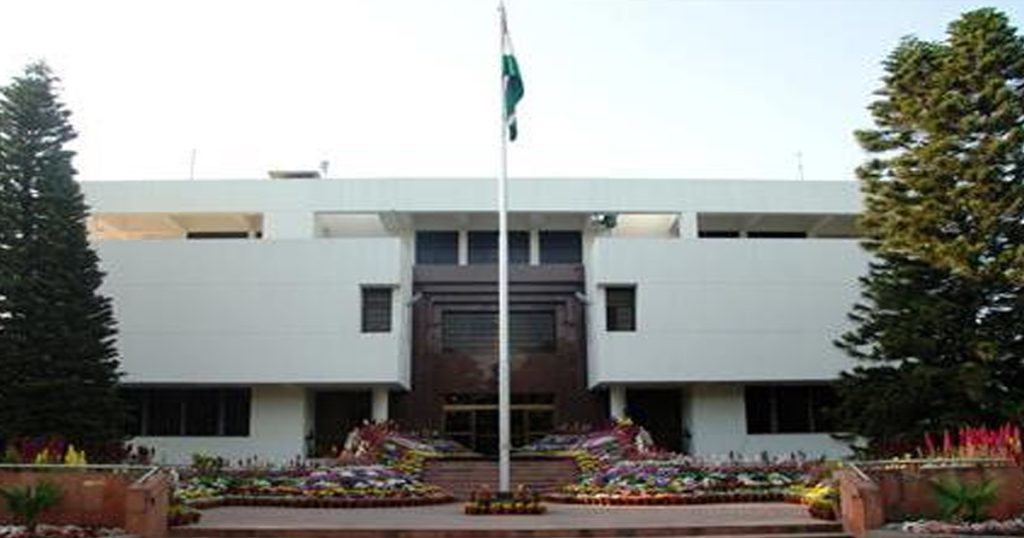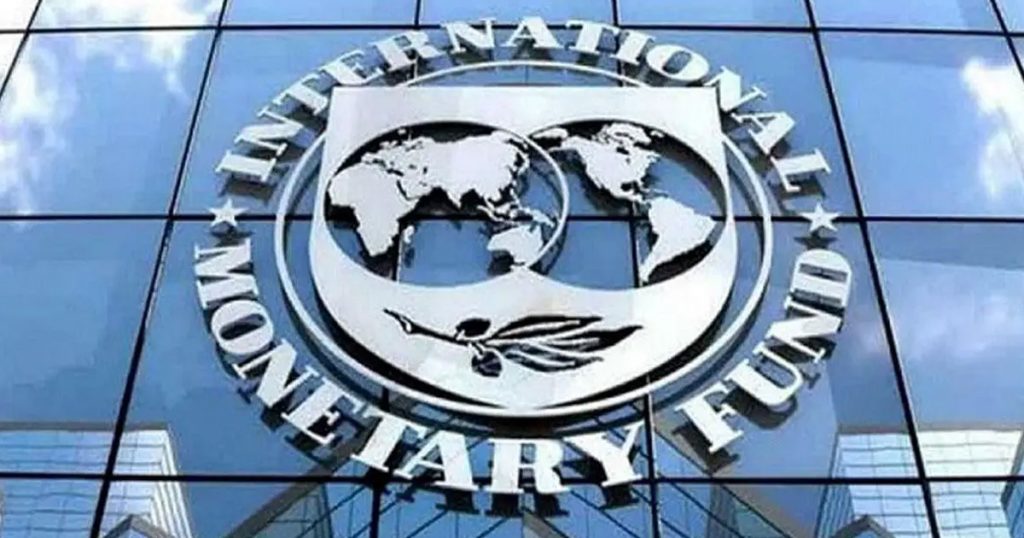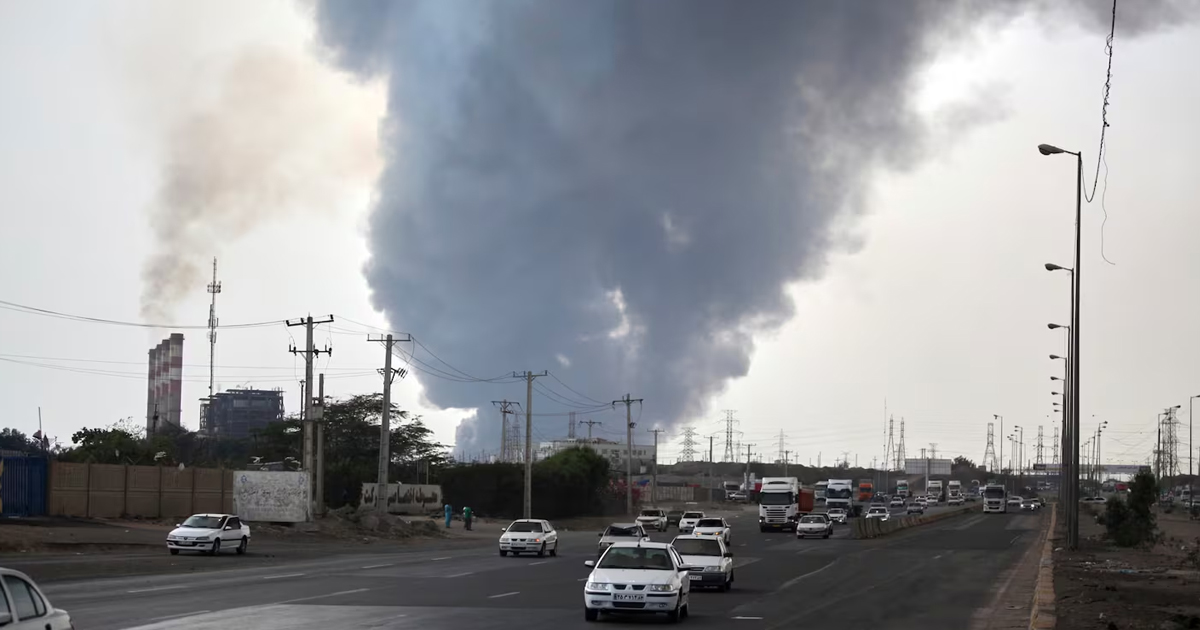The pressure on Pakistan regarding the Indus Water Treaty has increased further. India has already suspended the treaty. In this situation, Islamabad was looking to the World Bank for intervention. However, the bank has now stated that it has no role in the future of the treaty. Moreover, World Bank President Ajay Banga has clearly stated that the bank will not intervene in matters regarding the closure of the Indus waters. He mentioned that the World Bank no longer has a role in the Indus Water Treaty.
It is important to note that the Indus Water Treaty was signed between India and Pakistan in 1960 with the mediation of the World Bank. The bank had also provided financial assistance to Pakistan for the implementation of the treaty. After the terrorist attack in Pahalgam, Jammu and Kashmir, on April 22, which resulted in the deaths of 27 tourists, India suspended the decades-old Indus Water Treaty. Following this, speculations arose that the World Bank might intervene, as it was the mediator for the treaty.
Ajay Banga made a statement on this issue, which was released by the Press Information Bureau (PIB) of the central government. He said, “We helped in the treaty, but beyond that, we no longer have any additional role. There has been much speculation in the media about how the World Bank will intervene and resolve the issue, but all of this is misguided.”
The Indus Water Treaty, which regulates the distribution and use of water from the Indus River and its tributaries between India and Pakistan, was signed in 1960. According to the treaty, the waters of the eastern rivers, such as the Iravati, Vipasha, and Shatdru, are completely under India’s control, while the waters of the western rivers, the Indus, Jhelum, and Chenab, are controlled by Pakistan. The sources of the Indus and its tributaries lie in India, and they flow into Pakistan. Naturally, the mountainous flow of these rivers is substantial in India, while Pakistan is located in the lower basin of the Indus, where the water flow is comparatively lower. Pakistan’s economy is heavily dependent on the water from the Indus.
After India suspended the treaty, Pakistan’s Prime Minister Shehbaz Sharif stated that if the water was stopped, Islamabad would consider it as a declaration of war. Former Foreign Minister of Pakistan and President Asif Ali Zardari’s son, Bilawal Bhutto Zardari, claimed that if the Indus Water Treaty was not allowed to flow into Pakistan, there would be a flood of blood. But now the World Bank has made it clear that it has no role in this matter. This announcement will undoubtedly increase pressure on Pakistan.




